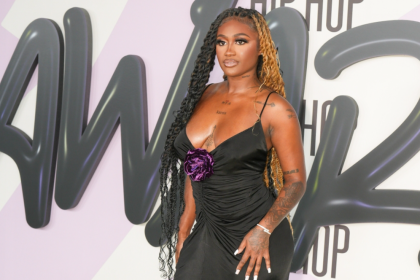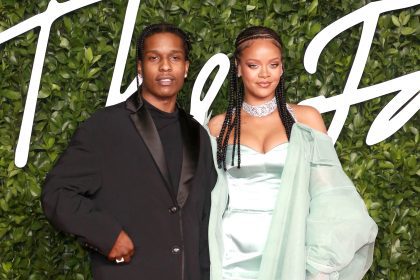R&B sensation Summer Walker has ignited a heated debate within the music community following her recent Instagram video addressing Detroit’s rap scene. The Over It artist’s dismissive statement, suggesting listeners “turn that foolishness off,” has prompted widespread discussion about regional hip-hop styles and musical authenticity. This bold stance from one of R&B’s prominent voices has created ripples across social media platforms, highlighting the often complex relationship between different genres and regional music scenes.
Detroit’s hip-hop legacy
The controversy touches upon Detroit’s rich musical heritage, a city that has historically shaped hip-hop through legendary artists and innovative sounds. From Eminem’s groundbreaking success to Big Sean’s mainstream appeal and Royce da 5’9″‘s lyrical prowess, Detroit has consistently contributed significant voices to hip-hop culture. The city’s current wave of artists continues this tradition while developing their own distinctive style, blending traditional elements with modern influences. This evolution of Detroit’s sound represents a significant shift in regional hip-hop expression, challenging conventional expectations of what constitutes mainstream rap music.
Artist perspective and influence
Walker‘s rise to prominence, marked by the success of her debut album Over It, has established her as an influential voice in contemporary R&B. Her artistic approach, which seamlessly integrates R&B sensibilities with hip-hop elements, has garnered widespread acclaim and a dedicated following. This background adds weight to her commentary on hip-hop trends, though it also raises questions about the boundaries between musical genres and the validity of cross-genre criticism. Her perspective as an R&B artist commenting on rap music highlights the interconnected nature of these musical traditions.
Community response and debate
The response to Walker’s comments has created a division among music enthusiasts, with supporters and critics engaging in passionate discourse about regional hip-hop styles. This conversation extends beyond mere disagreement, touching upon broader themes of musical evolution, artistic authenticity and the role of regional influences in shaping contemporary hip-hop. The debate has encouraged fans to explore Detroit’s current hip-hop landscape while considering the merit of differing musical perspectives and preferences.
Impact on music dialogue
Walker’s commentary has inadvertently created a platform for broader discussions about hip-hop’s regional diversity and the evolution of musical styles. This incident demonstrates how artist opinions can catalyze meaningful conversations about music appreciation, cultural impact, and the constantly shifting landscape of hip-hop culture. The ongoing dialogue highlights the importance of respectful discourse when addressing different musical styles and regional contributions to hip-hop culture.












